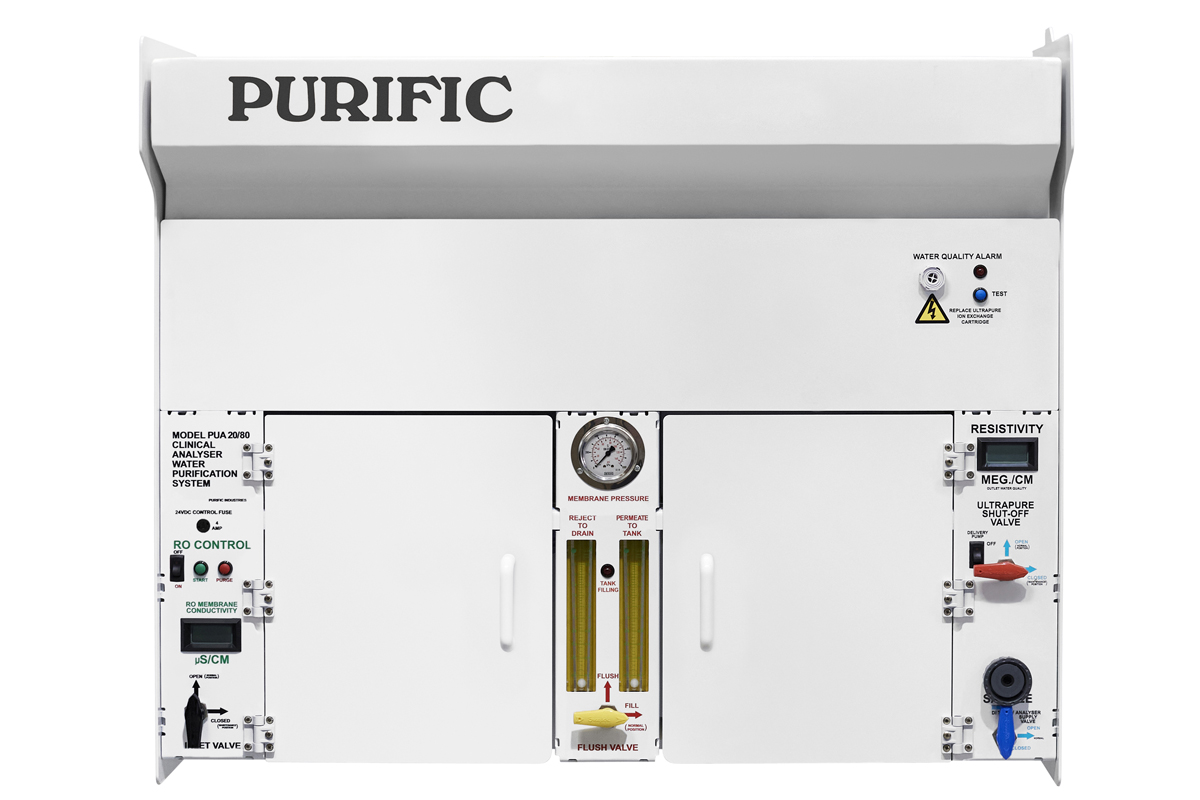Both PP (Polypropylene) and HDPE (High-Density Polyethylene) are commonly used for processing DI (Deionized) water, but which one is better depends on the specific application and requirements.
PP is known for its excellent chemical resistance and is often used in applications that require high purity, such as laboratory and medical equipment, as well as in the semiconductor industry. PP is also a good choice for applications that require high-temperature resistance.
HDPE, on the other hand, is known for its toughness and durability. It is commonly used in water treatment applications, including processing DI water, because it is resistant to corrosion and does not react with water or other chemicals.
Overall, both PP and HDPE are good choices for processing DI water. The choice between the two materials will depend on the specific requirements of the application, such as the required level of purity, temperature resistance, and durability.

